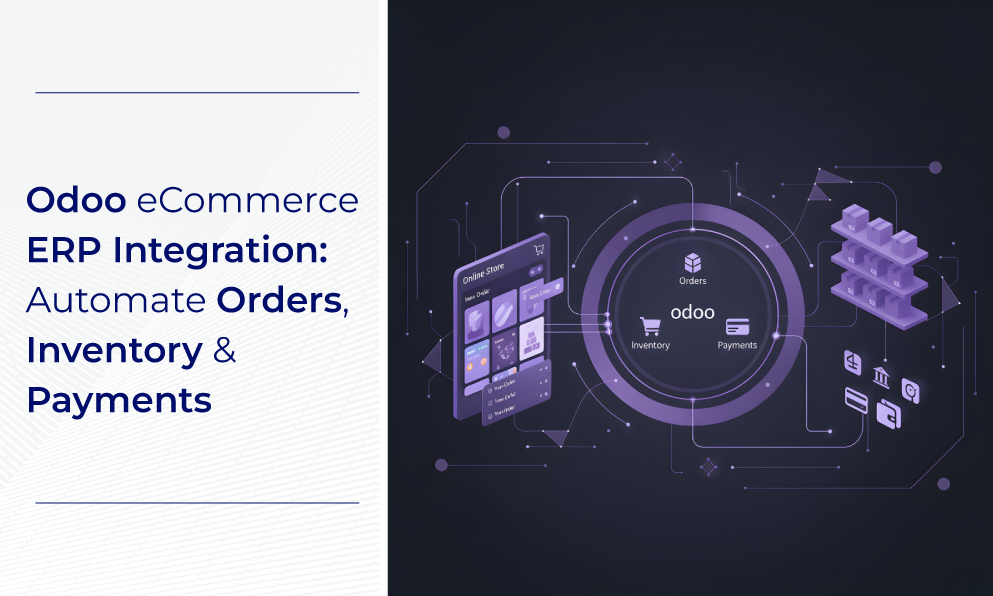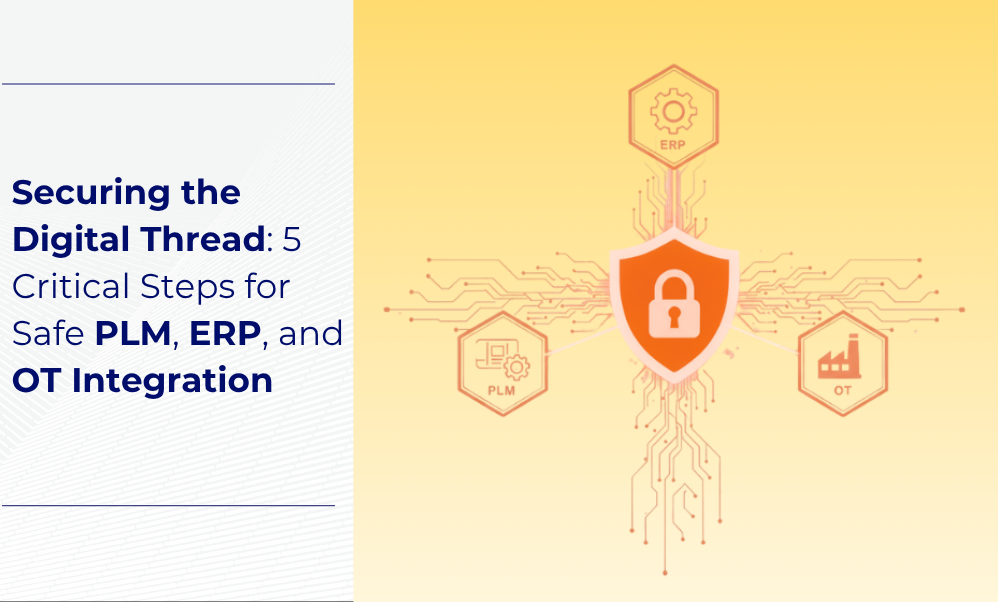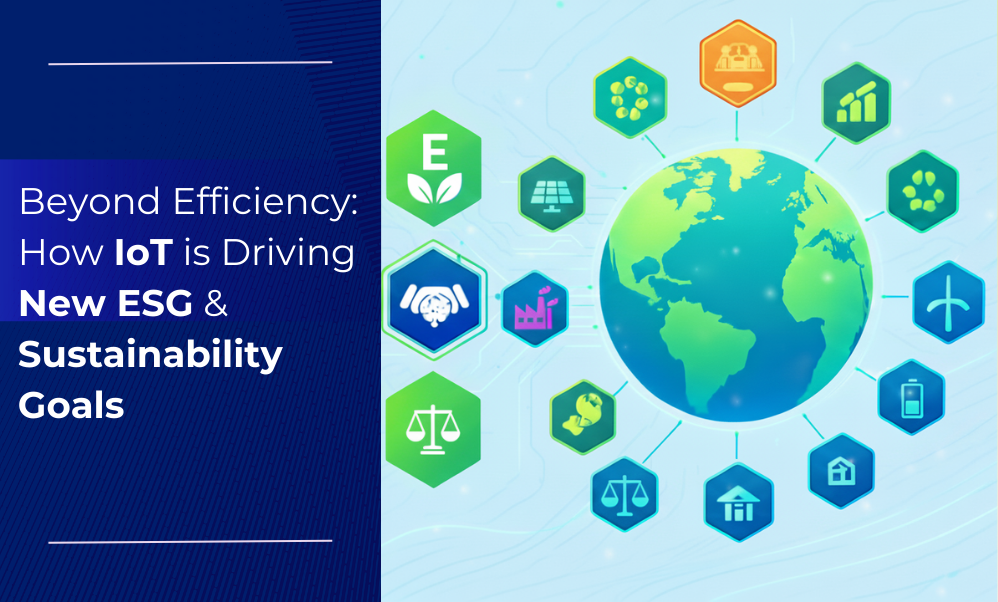When it comes to selecting a programming language for your next project, the debate of Java vs Go Lang often arises. Both languages offer robust features and unique advantages, making the choice not always straightforward. In this guide, we'll delve into the specifics of Java and Go Lang, helping you decide which is the better companion for your coding journey.
Java vs Go Lang: An Introduction
Choosing the right programming language is crucial to the success of your software projects. Both Java and Go Lang have their own sets of benefits and applications, but understanding the key differences can significantly influence your decision. In this article, we will explore the strengths, weaknesses, and ideal use cases for each language, ensuring you make an informed choice.
Understanding Java
Java has been a staple in the programming world since its inception in 1995. Known for its portability, security, and robustness, Java has been widely adopted in various industries. Here are some key features of Java:
Key Features of Java
- Platform Independence: Java's "write once, run anywhere" capability is one of its most celebrated features, thanks to the Java Virtual Machine (JVM).
- Strong Community Support: With decades of development, Java has a vast and active community that contributes to a plethora of libraries and frameworks.
- Security: Java offers extensive security features that make it a preferred choice for enterprise-level applications.
- Multithreading: Java supports multithreading, which allows for the concurrent execution of two or more threads for maximum CPU utilization.
When to Use Java
Java is ideal for large-scale enterprise applications, Android app development, web applications, and scientific computing. Its extensive libraries and frameworks make it a versatile choice for various complex projects.
Exploring Go Lang
Go Lang, also known simply as Go, was developed by Google in 2007. It is designed to be simple, efficient, and reliable. Here are some key features of Go Lang:
Key Features of Go Lang
- Simplicity: Go Lang emphasizes simplicity and ease of use, making it accessible for both beginners and seasoned developers.
- Performance: Go compiles to machine code, resulting in fast execution times and efficient memory usage.
- Concurrency: Go's goroutines and channels provide excellent support for concurrent programming, enabling high-performance applications.
- Scalability: Go Lang is designed to handle large-scale systems, making it a great choice for cloud-based services and microservices architecture.
When to Use Go Lang
Go Lang is best suited for cloud services, server-side applications, and projects that require high performance and scalability. Its simplicity and efficient concurrency handling make it an excellent choice for modern software development.
Java vs Go Lang: A Detailed Comparison
To further understand which language might be your best companion, let’s compare Java vs Go Lang across various parameters:
1. Ease of Learning
- Java: Java's syntax can be complex for beginners, but it offers extensive documentation and a vast amount of learning resources.
- Go Lang: Go Lang is designed to be simple and easy to learn, making it an excellent starting point for new developers.
2. Performance
- Java: While Java offers good performance, the overhead of JVM can sometimes be a bottleneck in high-performance applications.
- Go Lang: Go Lang compiles native code and offers superior performance with minimal runtime overhead.
3. Concurrency
- Java: Java provides multithreading capabilities, but managing threads can be complex and error-prone.
- Go Lang: Go Lang excels in concurrency with its lightweight goroutines, making concurrent programming simpler and more efficient.
4. Development Speed
- Java: Java's extensive libraries and frameworks can speed up development, but its verbose syntax can slow down coding.
- Go Lang: Go's simplicity and concise syntax allow for faster development and easier maintenance.
5. Community and Support
- Java: Java boasts a large, mature community with abundant resources, libraries, and frameworks.
- Go Lang: Go's community is growing rapidly, with a strong emphasis on modern, scalable applications.
Key Consideration To choose Java or Go Lang for a Project
Key considerations when choosing between Java and Go Lang for a project include:
- Project Scale and Complexity: Java is well-suited for large-scale, complex enterprise applications, while Go excels in building scalable, high-performance services and microservices.
- Performance Requirements: If raw performance and efficient concurrency are critical, Go's compiled nature and goroutines offer advantages over Java's JVM-based execution.
- Development Speed: Go's simplicity and concise syntax often lead to faster development, while Java's extensive libraries and frameworks can expedite development in certain domains.
- Team Expertise: Consider the existing skills and experience of your development team. If your team is already proficient in Java, transitioning to Go might require additional learning.
- Community and Ecosystem: Java boasts a larger and more mature community with a vast array of libraries and tools. Go's community is rapidly growing, particularly in cloud-native development.
FAQs
What are the main differences between Java and Go Lang?
The primary differences lie in their design philosophies and use cases. Java is a mature, object-oriented language ideal for complex, large-scale applications with a vast ecosystem of tools and libraries. Go Lang, on the other hand, emphasizes simplicity and efficiency, making it perfect for cloud services, microservices, and applications requiring high concurrency and performance.
Which is easier to learn: Java or Go Lang?
Go Lang is generally considered easier to learn due to its simple syntax and straightforward design. Java, with its more complex syntax and extensive libraries, can have a steeper learning curve, especially for beginners.
Is Go Lang faster than Java?
Yes, Go-Lang tends to be faster than Java. This is because Go compiles directly to machine code, whereas Java code runs on the Java Virtual Machine (JVM), which can introduce some overhead. However, the actual performance difference can vary based on the specific use case and how the code is written.
Can Go Lang replace Java?
While Go Lang is not likely to replace Java entirely, it is increasingly being chosen for certain types of projects, especially those that benefit from its simplicity and performance. Java remains a dominant language in enterprise environments and areas where its extensive ecosystem is a significant advantage.
Conclusion
Java and Go Lang are both powerful programming languages with their own unique strengths and weaknesses. The choice between the two depends on the specific requirements and goals of your project.
If you're looking for a mature, versatile language with a vast ecosystem of tools and libraries, Java is an excellent option. It's particularly well-suited for large-scale enterprise applications, Android development, and scientific computing.
On the other hand, if you prioritize simplicity, performance, and concurrency, Go Lang may be a better fit. It excels in building scalable, high-performance systems, cloud services, and microservices.
Ultimately, the best way to decide which language to use is to experiment with both and see which one resonates best with you and your team. Both Java and Go Lang have active communities and abundant resources available online, making it easy to get started and build your programming skills.











